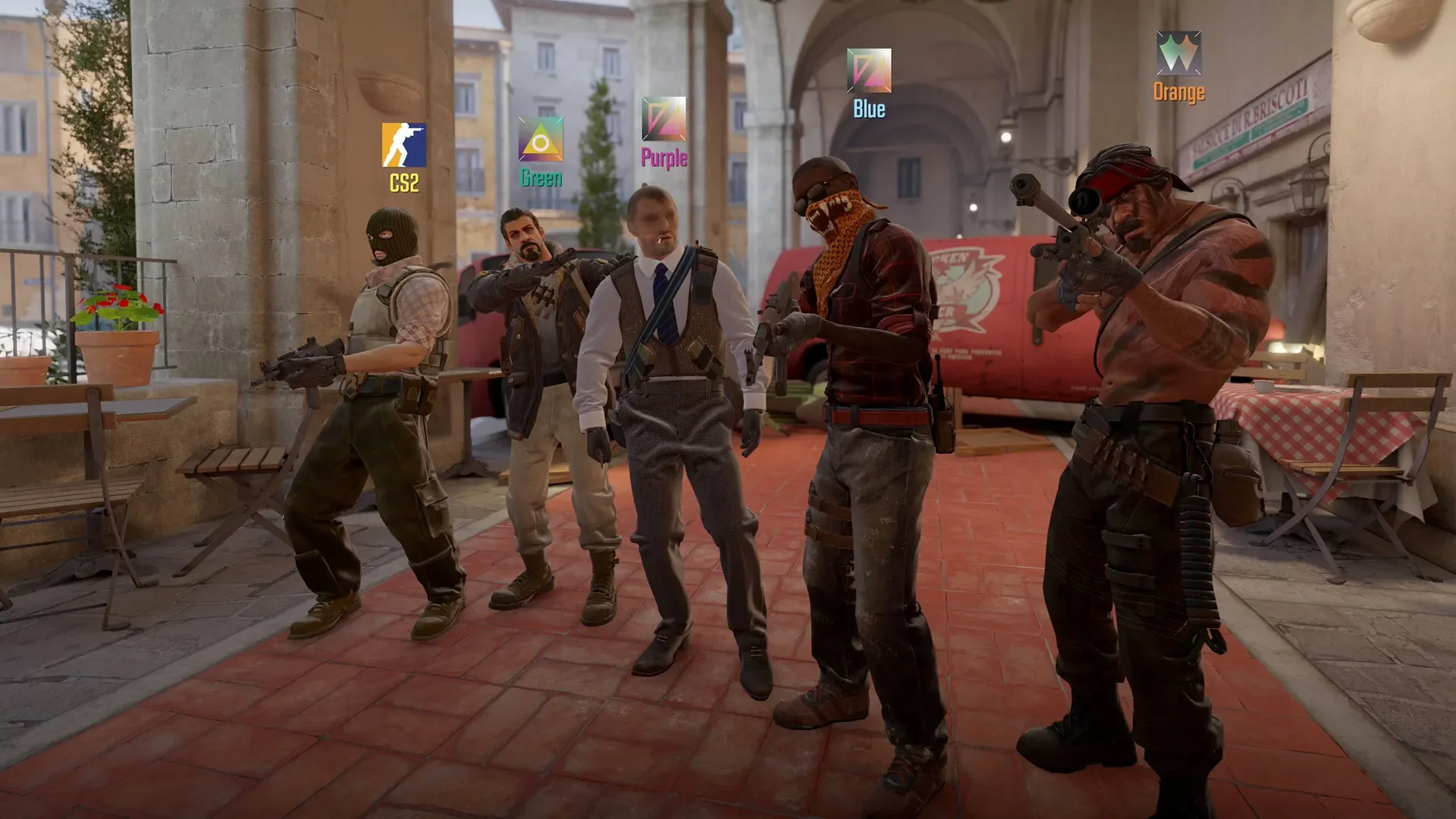Valve's New CS2 Loot Box Isn't Gambling, It's Just Predatory
Leave it to Valve to look at anti-gambling laws not as a moral guideline, but as a high score to beat.
Valve is at it again. The company that practically invented the modern loot box has rolled out a new system for Counter-Strike 2 called the "Genesis Terminal." It's a "technically-not-a-loot-box" loot box, an ingenious and deeply cynical piece of psychological engineering designed to do one thing: sidestep European gambling laws while still preying on its players.
The Perfect Trap
Here’s how this beautiful, manipulative system works. Once a week, you get a free "Genesis Terminal". When you open it, you have three days to choose a skin. The catch? You're shown the skins one at a time, and you can only see the next one by permanently declining the one you're currently looking at.
It's a classic "push-your-luck" mechanic. Do you take the decent AK skin, or do you risk it for the dragon lore, knowing you might end up with a puke-green P250? But that's not even the real trap. The real trap is that after you finally settle on a skin, you don't actually get it. You're presented with a price, and you have to pay Valve to claim the item you thought you just "won."
This price can be anything from a few cents to, and I am not making this up, nearly $1,600 for a single rare skin.
Malicious Compliance
The entire reason this convoluted system exists is to get around anti-gambling regulations in countries like Belgium, the Netherlands, and France. Most laws define gambling as paying for a chance at an unknown item. Valve's genius, evil twist is that you see the item before you choose to pay.
This isn't their first time pulling a stunt like this. Back in 2019, they gave French players a "loot box scanner" that revealed the contents of a box before purchase, but you couldn't scan another box until you bought the first one. It's a pattern of malicious compliance, treating player protection laws as an annoying puzzle to be solved.
Worse Than Gambling?
The player reaction has been about what you'd expect. As one commenter put it, "Valve came up with an item shop that’s somehow worse than gambling".
They're not wrong. The system is built on a foundation of pure FOMO. It tricks you into feeling the rush of hitting the jackpot, only to then hit you with a massive bill. It's less like playing a slot machine and more like a high-pressure sales tactic.
Valve has once again proven they are the undisputed masters of weaponized monetization. They've created a system that may be legally distinct from gambling, but is arguably more predatory and manipulative than the one it's replacing. It's a grim look at the future of microtransactions, and another masterclass in squeezing every last cent from your player base.
